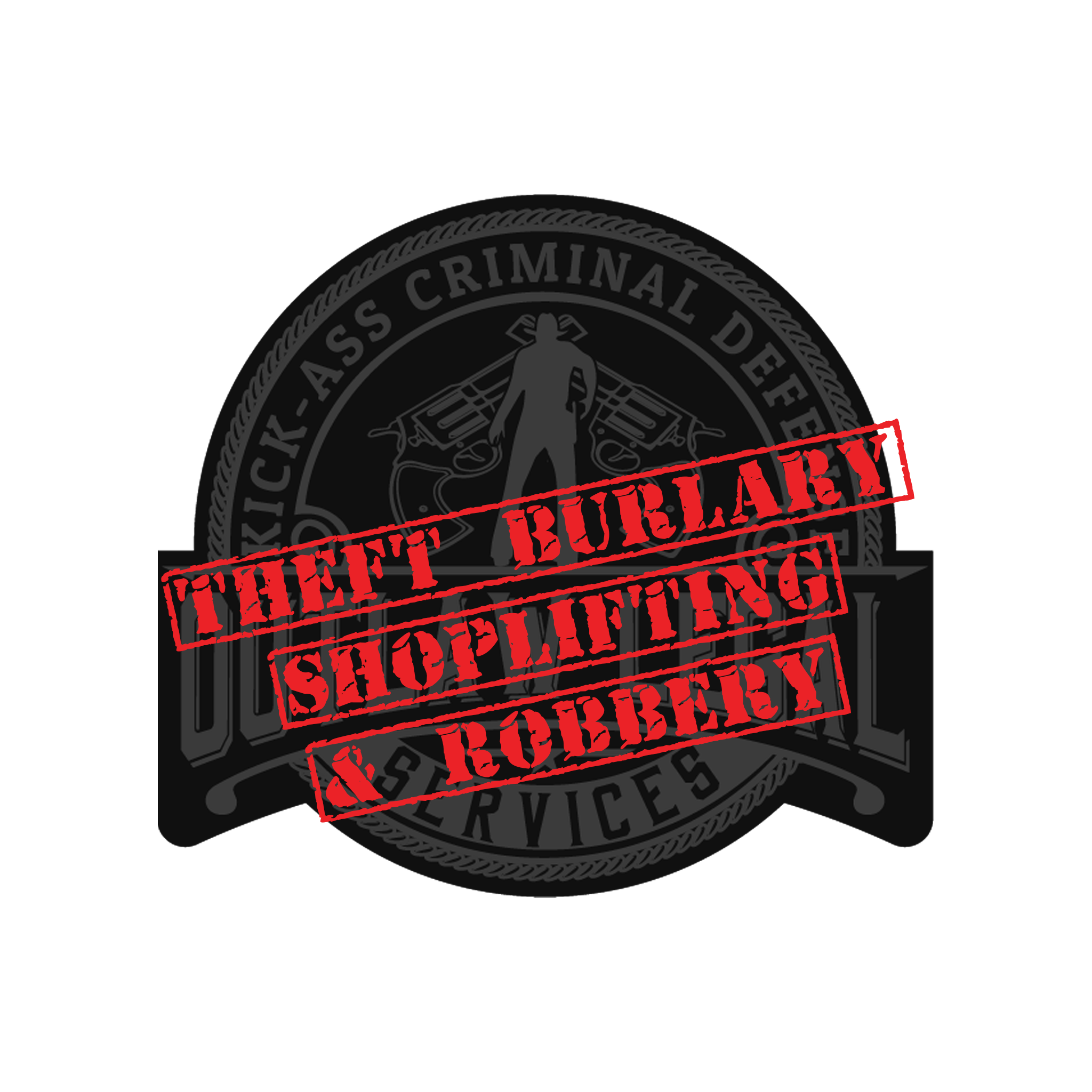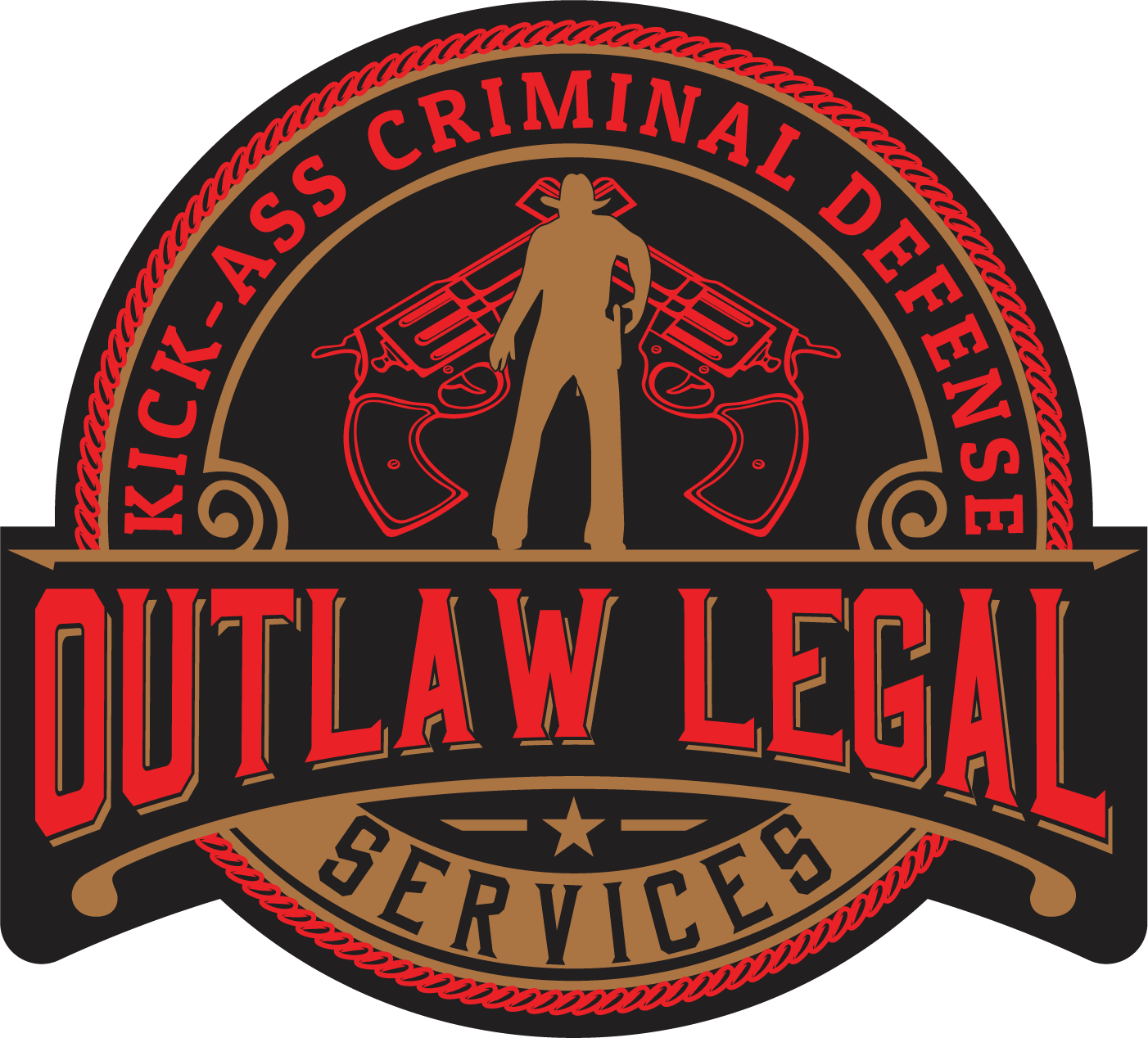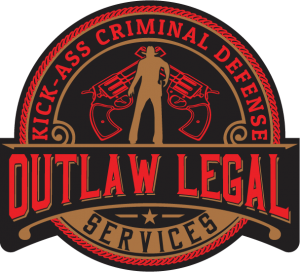Theft crimes (Utah Code 76-6-403) are some of the most common criminal offenses in the United States. Among the most common thefts are those for cash, followed by thefts for vehicle parts, clothing, and tools.
Regardless of what items are proclaimed to be stolen, it is still a criminal offense that can bring potential fines, incarceration, or appear on background checks. These can affect employment and housing options if the charge leads to felony conviction. In many circumstances, a theft charge is considered a “crime of dishonesty” which can have lasting consequences long after the criminal case is resolved.
Call Today (801) 713-0888
Being arrested for a crime does NOT make you guilty. Various defenses can be used to potentially pursue dismissed or dropped charges.
You should discuss these options with a criminal defense attorney before speaking with law enforcement or anyone else.
Burglary does not actually require theft, though many think it does. Burglary, robbery, and theft are often linked together as similar crimes. While theft involves stealing from another, and robbery involves stealing from another using force, burglary can include segments of both of these crimes.
Utah Code § 76-6-202 says that burglary is when someone “enters or remains unlawfully in a building or any portion of a building,” and has the intent to commit another crime. To count as burglary, that other crime must be:
- Any other felony,
- Theft
- Assault
- Lewdness
- Sexual battery
- Lewdness involving a child, or
- Voyeurism.
The felony you commit in the building could be theft, but it could also be a more serious crime against another person. You can still be charged for that other offense, so burglary usually goes along with another serious felony or a sexual offense.
Because the key part of burglary is the trespassing, this crime would cover what is often called “breaking and entering.” However, the intent to commit another crime is a necessary part of burglary. Breaking into a building simply for the thrill of breaking may be a lower, trespass offense.
* For purposes of understanding, not intended as legal advice.
Possible Penalties
Possible Penalties For Theft, Burglary, Shoplifting, And Robbery
The first factor in determining your sentence for burglary is what type of building you entered. If the building was a “dwelling,” the crime is a second degree felony. A “dwelling” is “a building which is usually occupied by a person lodging in the building at night, whether or not a person is actually present,” according to Utah Code 76-6-112. Basically, any building where people usually stay overnight could be a “dwelling.” If the building is not a “dwelling,” the crime is then a third degree felony.
The lesser version of burglary is a third degree felony. This sentence includes a maximum of 5 years in prison and fines up to $5,000. Because there is no guaranteed minimum jail time, you could actually get a sentence of probation or other non-incarceration sentences. However, burglary is a felony regardless, so you may still face jail time.
The stronger version of burglary is a second degree felony. Because breaking into someone’s home is considered a worse offense than breaking into any other building, the penalties are higher. A second degree felony has a minimum sentence of one year in prison, and a maximum of 15 years. It also includes fines up to $10,000.
Since burglary also includes the intent to commit one of the other crimes listed above, you may also be charged with that crime as well. Note that burglary requires the intent to commit that crime, not that you actually succeed in committing it. That means you could be charged with burglary on its own, you could be charged with burglary plus an attemptedcrime, or you could be charged with two completed crimes.
The crimes listed in the definition of burglary also carry severe penalties. Any felony committed alongside trespassing carries a potential punishment of more than one year, with a third degree felony being the lowest option. The other listed offenses are a mix of misdemeanors and felonies. This means you could be charged with a felony and a misdemeanor – or two felonies – depending on the crime that you’re charged with alongside burglary.

* For purposes of understanding, not intended as legal advice. Call Outlaw Legal Services today for a FREE consultation specific to your case.

